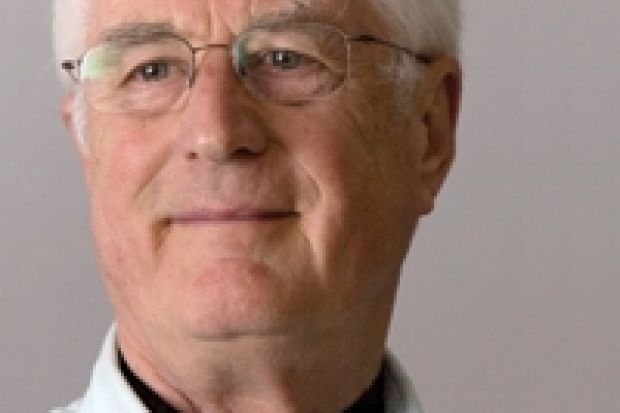Despite being an academic for more than five decades, Ray Pahl "never lived in the ivory tower" and was known for his ability to apply his scholarly research to real-world issues.
Professor Pahl began his academic career as a doctoral student at the London School of Economics, when he tutored mature students for the University of Cambridge Board of Extra-Mural Studies.
He stayed in this role from 1959 to 1965 while writing up his thesis on class, community and social cohesion in Hertfordshire commuter villages.
In 1965, Professor Pahl joined the faculty at the University of Kent at Canterbury, where he was to spend the next two decades of his career.
During his time at Kent, he was appointed to a chair in sociology and was elected president of Research Committee 21 of the International Sociological Association.
He was also involved in building sociology programmes for universities in Eastern Europe following the collapse of the Soviet Union.
After a request from the Hungarian-American financier George Soros, he established the Society and Politics Programme at the Central European University in Prague, and retained a strong interest in working with scholars in Eastern Europe throughout his career.
Professor Pahl went on to join the Institute for Social and Economic Research at the University of Essex, where he worked on Unilever-funded research on the household and on urban issues with the Archbishop of Canterbury's Faith in the City project.
David Rose, emeritus professor at the institute and a long-term friend of Professor Pahl's, joked: "Ray was quite happy to engage with both God and Mammon in his efforts to bring sociological insights to bear on policy issues."
He said that he felt privileged to have been Professor Pahl's friend.
"It was always a two-way street with Ray," he said. "He was generous and open to those with new ideas and very supportive of (and very egalitarian with) younger generations of sociologists.
"At the end of his book On Friendship (2000) he wrote: 'I trust I have done something to encourage readers to carry on exploring the ideals and practice of friends and friendship, both intellectually and in their personal lives.' He certainly did."
Professor Rose added: "It is the mark of the man that we shall not only miss his intellectual contributions but also, above all, his friendship."
Professor Pahl died on 3 June after a period of illness.
Register to continue
Why register?
- Registration is free and only takes a moment
- Once registered, you can read 3 articles a month
- Sign up for our newsletter
Subscribe
Or subscribe for unlimited access to:
- Unlimited access to news, views, insights & reviews
- Digital editions
- Digital access to THE’s university and college rankings analysis
Already registered or a current subscriber? Login
